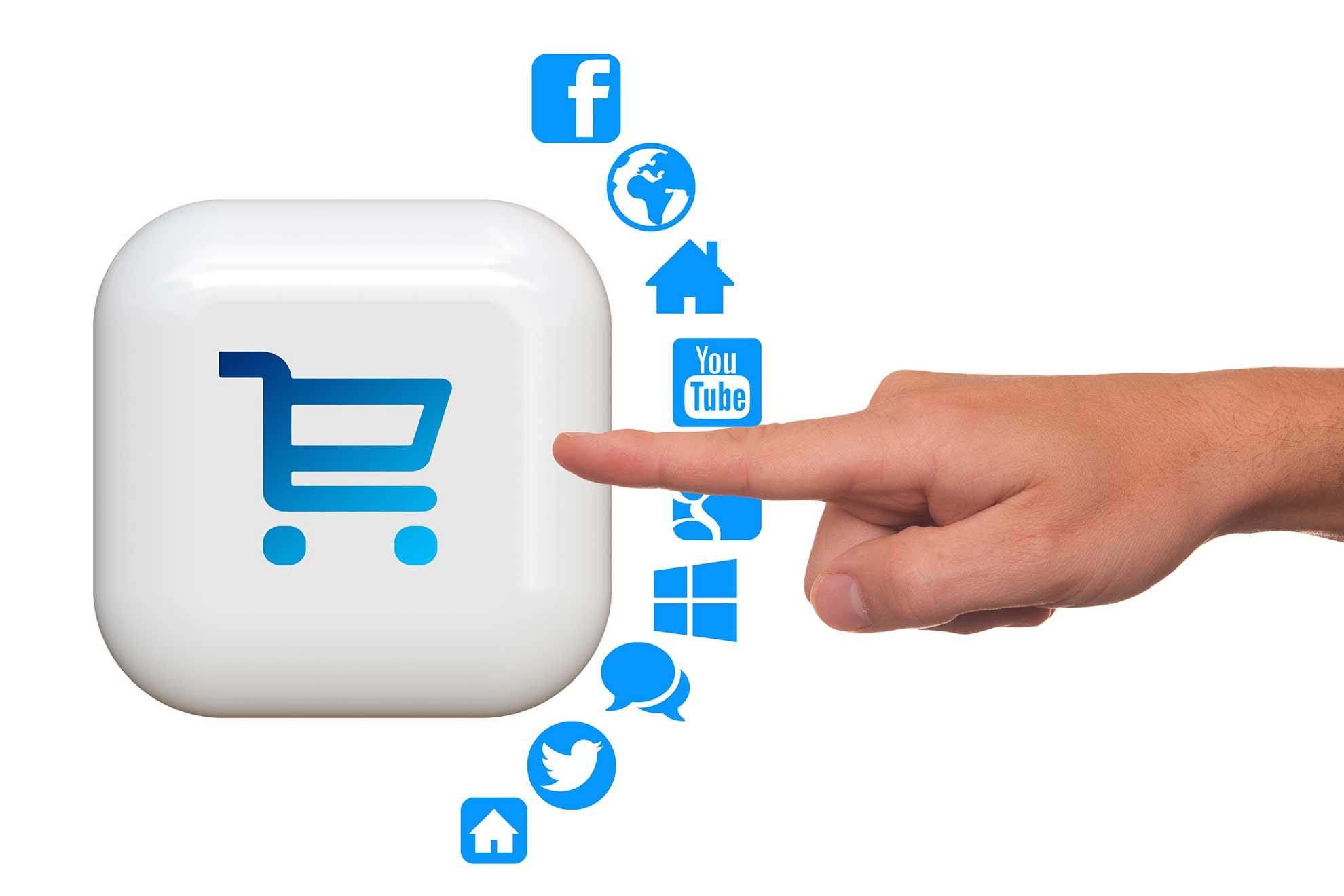Retailers face numerous challenges to grow their business in the digital age. Whether you are online, bricks and mortar or both, you need to stand out from your competitors.
With personalized content delivery you can convert target customers by engaging them through fast and more effective marketing. To help overcome these challenges, we have outlined the following 4 steps
- Analyze your data
- Understand the potential of mobile commerce
- Embrace social media for direct interaction
- Use content personalization in your retail marketing
1. Behaviour-Based Data
The content personalization environment goes hand in hand with gathering and using data smartly. This ability to understand your customers is key to gaining a competitive edge; digital tools now make this easier throughout the business, from production to sales.
In a survey of senior marketers by Forrester Consulting in 2016, 67% said they used behaviour-based data to develop the right content based on insights and emotions.
So, to tie this together: compile as much consumer data as you can from a range of sources. Combine it with user-friendly software that analyzes and predicts customer behavior patterns and future trends. Then use these results to guide the personalized content that you create.
2. E-Commerce On Mobile
The increasing use of mobile devices, especially for retail, cannot be ignored. Recent IMRG data showed that during 2016, £133bn was spent via online shopping in the UK. Compared to 2015, that was a 16% rise, while the number of mobile-phone transactions rose by a remarkable 47%.
3. Social Channels
Social media also plays a crucial part in the drive towards personalized content marketing for retail growth. The use of customer data, predictive analytics and marketing cloud solutions mean that organizations can personalize content across media, marketing and sales channels.
4. Content Personalization For Retail
Brands can create a better interaction with retail customers through personalization, guiding shoppers towards choices more easily. It’s especially applicable to fashion, luxury goods and health and beauty sectors where personal preferences play a big role.
“Marketers that deliver personalized web experiences are getting double digit returns in marketing performance and response,” reported the ‘Publish or Perish’ analysis of 380 CMOs byForbes.
Data sharing: Shoppers willingly share some data to get added value from transactions too. There are a few issues to bear in mind with data collection. “Consumers do want to know what information is being used, and they want retailers to ask permission,” noted Greg Sterling (contributing editor at Search Engine Land). He added: “Many studies argue consumers are favourably disposed toward personalization. They’re generally willing to trade their information for certain benefits.”

Stores thrive by keeping up with what consumers want and how they behave. Knexus Platform enables brands to delight customers and grow their business across the digital experience. It provides a complete view of your content and customers, with real-time optimization, and automatically delivers that content into e-commerce and other channels. Book a demo.

